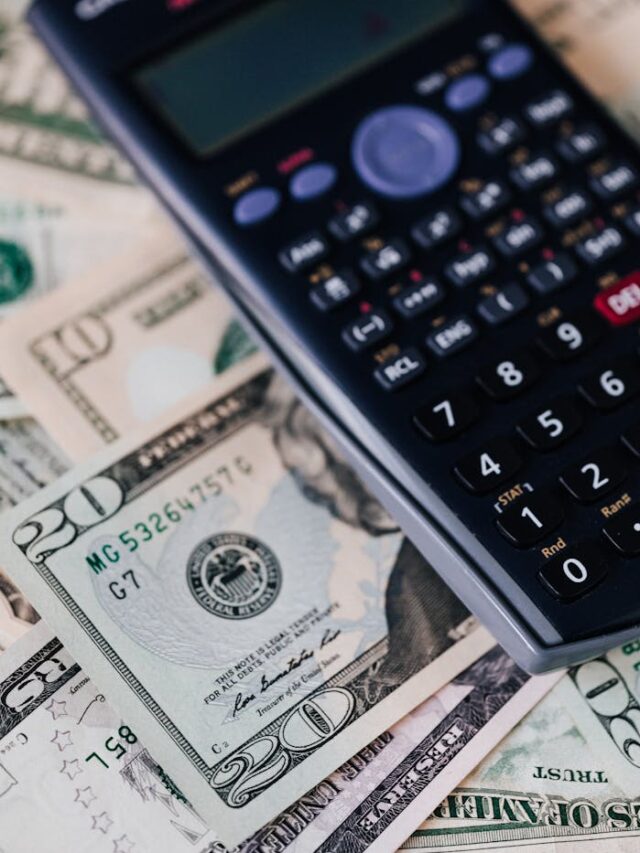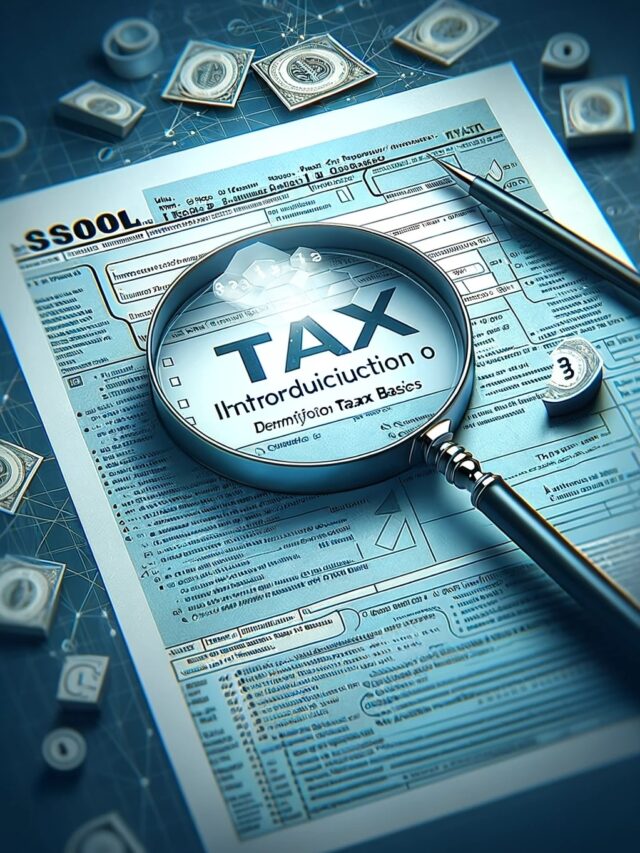Key Takeaway Box:
- Freedom Debt Relief is a debt relief company that helps you pay off your unsecured debts for less than what you owe.
- You can enroll if you have more than $7,500 in unpaid credit card, medical or personal loans.
- You’ll pay a fee for services and may damage your credit score.
- Read the pros, cons and FAQs of Freedom Debt Relief.

Are you struggling with high-interest debt and looking for a way out? If so, you might have heard of Freedom Debt Relief, a debt relief company that claims to help you settle your debts for less than what you owe. But how does it work, and is it legit? In this article, we’ll review Freedom Debt Relief and answer some of the most common questions about its services. We’ll also compare it to other debt-relief options and help you decide if it’s right for you.
About Freedom Debt Relief
Freedom Debt Relief is a debt relief company that was founded in 2002 and is based in San Mateo, California. It is part of Freedom Financial Network, which also offers other financial services such as personal loans, mortgage refinancing and credit counseling. Freedom Debt Relief is one of the largest debt settlement companies in the US, having resolved over $18 billion in debt for over 1 million clients¹.
Freedom Debt Relief is accredited by the American Fair Credit Council (AFCC), the International Association of Professional Debt Arbitrators (IAPDA) and the Better Business Bureau (BBB), where it has an A+ rating². It is also a member of the Consumer Financial Protection Bureau’s (CFPB) Advisory Board.
Freedom Debt Relief Review Overview
Freedom Debt Relief offers a debt settlement program, which is a form of debt relief that involves negotiating with your creditors to accept a lower amount than what you owe. This can help you save money and get out of debt faster than making minimum payments. However, it also comes with some risks and drawbacks, such as damaging your credit score, facing collection calls and lawsuits, and owing taxes on the forgiven debt.
To enroll in Freedom Debt Relief’s program, you need to have at least $7,500 in unsecured debt, such as credit cards, medical bills or personal loans. You also need to be able to afford a monthly payment into a dedicated account that will be used to pay your creditors once a settlement is reached. The amount of your monthly payment will depend on your income, expenses and debt amount, but it will typically be lower than your current minimum payments.
Once you enroll, you will stop paying your creditors and start paying into your dedicated account. Freedom Debt Relief will then assign you a debt consultant who will review your situation and create a customized plan for you. They will also contact your creditors and negotiate with them to reduce your debt balance. This process can take anywhere from 24 to 48 months, depending on your debt amount and how quickly you can save money in your account.
Every time Freedom Debt Relief reaches a settlement with one of your creditors, they will contact you for authorization and approval. You will then pay the settlement amount from your dedicated account, plus a fee to Freedom Debt Relief for their service. The fee will vary depending on your state, but it will typically range from 15% to 25% of the enrolled debt amount³.
After you pay off all your enrolled debts, you will complete the program and be free from those debts. However, you may still have other debts that were not enrolled in the program, such as secured debts, federal student loans or tax debts. You will also need to rebuild your credit score, which may have dropped significantly during the program.
How Does Freedom Debt Relief Work?
Here is a step-by-step breakdown of how Freedom Debt Relief works:
- You contact Freedom Debt Relief and speak to a certified debt consultant who will assess your situation and see if you qualify for their program.
- You enroll in the program and open a dedicated account that you control and deposit money into every month. You stop paying your creditors and start saving money in your account.
- Freedom Debt Relief contacts your creditors and negotiates with them to reduce your debt balance. They also handle any communication and correspondence with your creditors on your behalf.
- Freedom Debt Relief reaches a settlement with one of your creditors and asks for your approval. You pay the settlement amount from your account, plus a fee to Freedom Debt Relief.
- You repeat steps 3 and 4 until all your enrolled debts are settled and paid off. You complete the program and become debt-free from those creditors.
Freedom Debt Relief Pros and Cons
Like any debt relief option, Freedom Debt Relief has its pros and cons. Here are some of the main ones to consider:
Pros
- You can save money by paying less than what you owe.
- You can get out of debt faster than making minimum payments.
- You can avoid bankruptcy and its long-term consequences.
- You can get professional help and support from a debt consultant.
- You can have peace of mind knowing that your debt is being handled by experts.
Cons
- You may damage your credit score and history.
- You may face collection calls, lawsuits and garnishments from your creditors.
- You may owe taxes on the forgiven debt amount.
- You may pay high fees for the service.
- You may not be able to enroll all your debts in the program.
Is Freedom Debt Relief Legit?
Freedom Debt Relief is a legit company that has been in business for over 15 years and has helped over 1 million clients resolve their debt. It is accredited by the AFCC, the IAPDA and the BBB, and has received positive reviews from many customers. It is also compliant with the Federal Trade Commission’s (FTC) rules and regulations for debt relief companies, such as not charging any upfront fees, disclosing all the terms and conditions of the program, and providing clear and honest information about the risks and benefits of the service.
However, Freedom Debt Relief is not a perfect solution for everyone. It is not a guarantee that your creditors will agree to settle your debt, and it may not be able to stop them from taking legal action against you. It may also have a negative impact on your credit score, your tax liability and your financial situation. Therefore, you should weigh the pros and cons carefully and compare it to other debt relief options before making a decision.
FAQs About Freedom Debt Relief
Here are some of the most frequently asked questions about Freedom Debt Relief and its services:
How much does Freedom Debt Relief cost?
Freedom Debt Relief does not charge any upfront fees for its service. You only pay a fee when a settlement is reached and paid. The fee will vary depending on your state, but it will typically range from 15% to 25% of the enrolled debt amount. For example, if you enroll $10,000 in debt and settle it for $5,000, you will pay a fee of $1,500 to $2,500 to Freedom Debt Relief.
How long does Freedom Debt Relief take?
The length of the program will depend on your debt amount and how quickly you can save money in your dedicated account. The average time to complete the program is 24 to 48 months, but it can be shorter or longer depending on your situation.
How does Freedom Debt Relief affect your credit score?
Freedom Debt Relief will likely lower your credit score, especially in the beginning of the program. This is because you will stop paying your creditors and become delinquent on your accounts, which will result in late fees, interest charges and negative marks on your credit reports. Your credit score may improve as you pay off your settlements, but it may take some time to recover from the initial drop.
How does Freedom Debt Relief deal with collection calls and lawsuits?
Freedom Debt Relief will handle any communication and correspondence with your creditors on your behalf, and try to stop or reduce the collection calls and letters. However, they cannot guarantee that your creditors will stop contacting you or taking legal action against you. If you receive any calls or notices from your creditors, you should inform Freedom Debt Relief and follow their instructions. If you are sued by your creditors, Freedom Debt Relief may refer you to a legal service provider who can help you with your case.
How does Freedom Debt Relief handle taxes?
Freedom Debt Relief will provide you with a 1099-C form at the end of the year, which will report the amount of debt that was forgiven by your creditors. You may have to pay income taxes on this amount, depending on your tax situation. You should consult a tax professional to determine your tax liability and how to file your taxes.
How do I cancel Freedom Debt Relief?
You can cancel Freedom Debt Relief at any time without any penalty or fee. However, you will lose the benefits of the program and may still owe your creditors the full amount of your debt, plus any fees and interest that have accrued. You will also have to deal with your creditors on your own and face the consequences of defaulting on your debt. To cancel Freedom Debt Relief, you should contact them and request a cancellation form. You should also close your dedicated account and withdraw any remaining funds.
How to Compare Freedom Debt Relief to Other Debt Relief Options
Freedom Debt Relief is not the only debt relief option available to you. There are other ways to deal with your debt, such as debt consolidation, credit counseling, debt management, bankruptcy and more. Each option has its own advantages and disadvantages, and may suit different situations and goals. Here are some factors to consider when comparing Freedom Debt Relief to other debt relief options:
- The type and amount of debt you have
- The interest rate and fees you are paying
- The monthly payment you can afford
- The impact on your credit score and history
- The tax implications of the debt relief option
- The time it will take to become debt-free
- The risks and benefits of the debt relief option
- The reputation and reliability of the debt relief company or provider
To help you compare Freedom Debt Relief to other debt-relief options, we have created a table that summarizes some of the main features and differences of each option. You can use this table as a reference, but you should also do your research and consult a financial professional before deciding.
| Debt Relief Option | Description | Pros | Cons |
| Freedom Debt Relief | A debt settlement program that negotiates with your creditors to reduce your debt balance. | – Save money by paying less than what you owe.- Get out of debt faster than making minimum payments.- Avoid bankruptcy and its long-term consequences. | – Damage your credit score and history.- Face collection calls, lawsuits and garnishments.- Owe taxes on the forgiven debt.- Pay high fees for the service.- Not be able to enroll all your debts in the program. |
| Debt Consolidation | A process of combining multiple debts into one loan with a lower interest rate and a single monthly payment. | – Simplify your debt repayment.- Lower your interest rate and monthly payment.- Improve your credit score and history. | – Pay more in the long run due to longer repayment term.- Risk losing your collateral if you default on the loan.- Not qualify for a low-interest loan if you have bad credit.- Not address the root cause of your debt problem. |
| Credit Counseling | A service that provides you with financial education, budgeting advice and debt management plans. | – Learn how to manage your money and debt better.- Get a lower interest rate and waived fees from your creditors.- Pay off your debt in 3 to 5 years. | – Pay a monthly fee for the service.- Not reduce your debt principal.- Damage your credit score and history temporarily.- Not be able to use your credit cards while on the plan. |
| Debt Management | A program that is offered by credit counseling agencies that helps you pay off your debt through a structured repayment plan. | – Same as credit counseling. | – Same as credit counseling. |
| Bankruptcy | A legal process that discharges some or all of your debts, depending on the type of bankruptcy you file. | – Get rid of most or all of your debts.- Stop collection calls, lawsuits and garnishments.- Get a fresh start financially. | – Ruin your credit score and history for 7 to 10 years.- Lose some of your assets and income.- Pay high fees and legal costs.- Not discharge some debts, such as student loans, taxes and child support.- Face social stigma and emotional stress. |
Conclusion
Freedom Debt Relief is a debt relief company that offers a debt settlement program, which can help you pay off your unsecured debts for less than what you owe. It can help you save money and get out of debt faster than making minimum payments, but it also comes with some risks and drawbacks, such as damaging your credit score, facing collection issues and tax implications, and paying high fees for the service. You should weigh the pros and cons carefully and compare it to other debt relief options before making a decision.
If you are interested in Freedom Debt Relief, you can visit their official website at HustleHub.ca to learn more about their services and start your journey towards financial freedom. By enrolling in their program, you’ll receive guidance from experienced debt consultants who will work with you to create a personalized debt strategy. Remember, it’s important to fully understand the terms and conditions of their service and consider how it fits into your overall financial plan.
At HustleHub, we’re committed to providing you with the information and resources you need to make informed decisions about your finances. We understand that dealing with debt can be overwhelming, but you don’t have to face it alone. Our platform offers a wealth of knowledge and tools designed to empower you, the Hustlers, to take control of your financial destiny.
Source: (1) Freedom Debt Relief – A Credit Card Debt Relief Company. https://www.freedomdebtrelief.com/. (2) Freedom Debt Relief Review 2023 – NerdWallet. https://www.nerdwallet.com/article/finance/freedom-debt-relief-debt-settlement-review. (3) Freedom Debt Relief Review 2024 – Forbes Advisor. https://www.forbes.com/advisor/debt-relief/freedom-debt-relief-review/.















